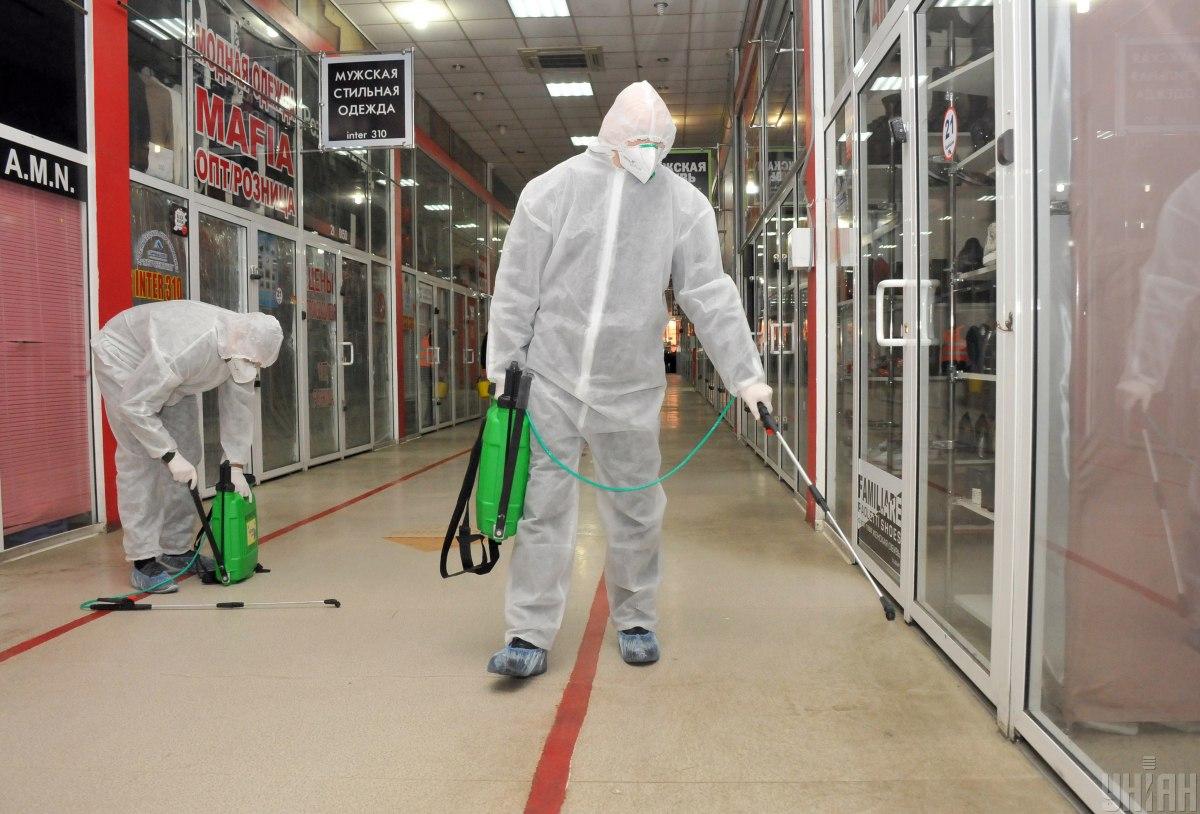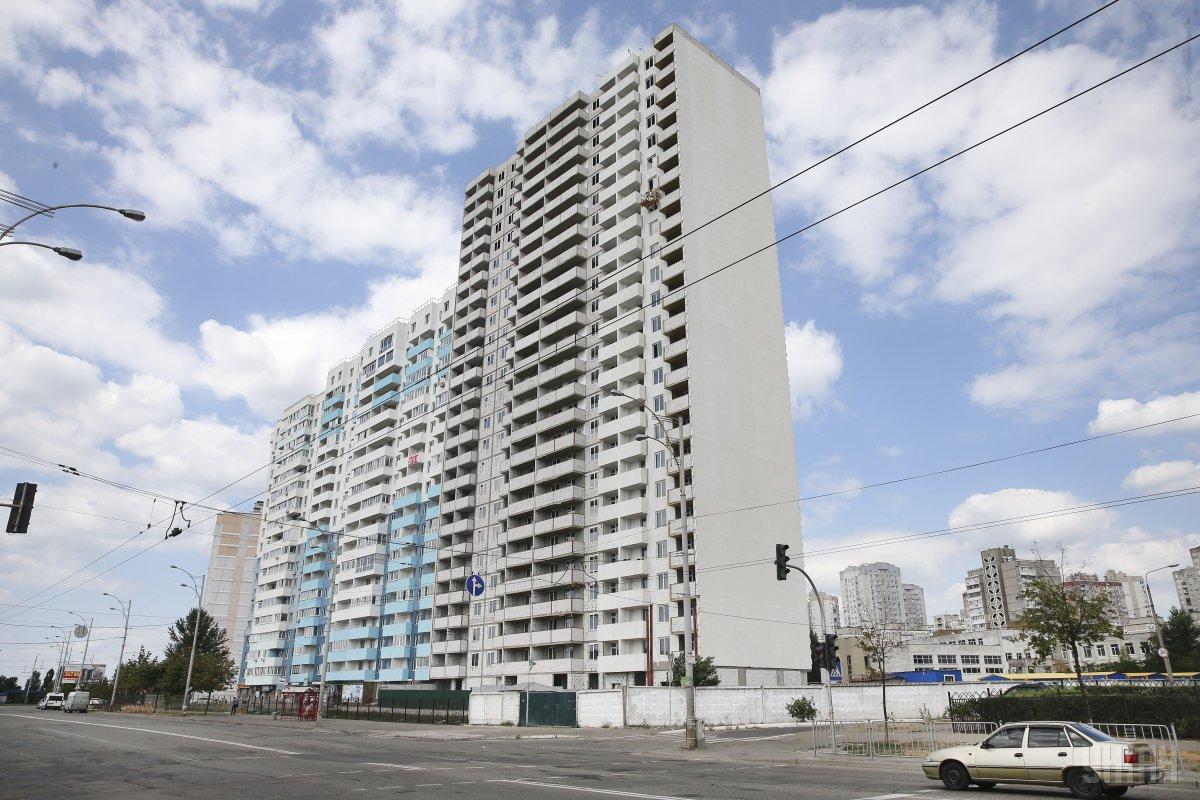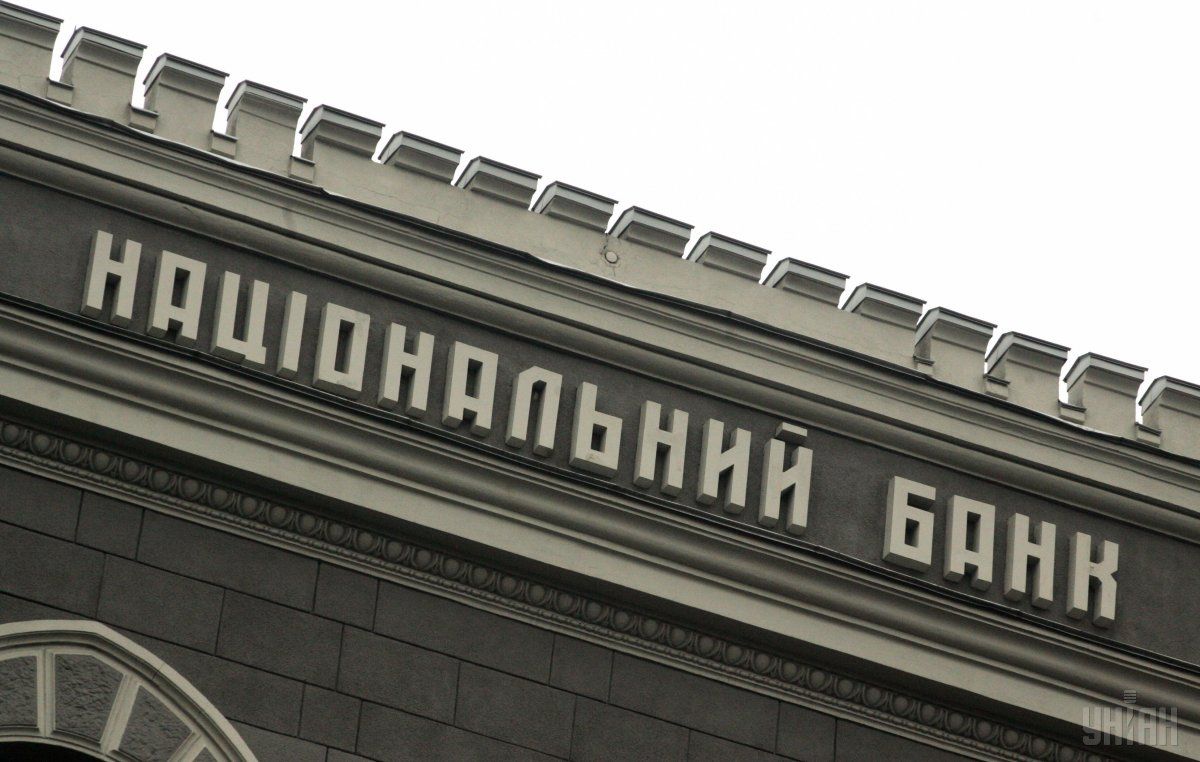
Week's balance: Ukraine on lockdown, central bank loosens grip, and Cabinet launches war against mafia in urban development
Ukrainian authorities announced the introduction of a nationwide quarantine, adding anxiety to the fever of the forex market; the National Bank lowered the key rate to a five-year low; while the Cabinet liquidated the urban construction regulator and launched a reform in the field – these are the main economic developments of the outgoing week.
The outgoing week was marked by the introduction of a national quarantine in Ukraine in connection with the coronavirus pandemic. The Cabinet of Ministers adopted the corresponding decision on Wednesday, March 11.
As of Sunday, March 15, three Covid-19 cases were officially registered in Ukraine, one of which became lethal.
Quarantine will remain effective in Ukraine from March 12 to April 3. For this period, the government imposed restrictions on holding mass events with over 200 participants, which doesn't apply to meetings of the Verkhovna Rada and other "events of national importance". Sporting events could be held with the permission of international organizations, but without spectators. Quarantine has also been introduced in educational facilities and kindergartens.
In addition, the government imposed a ban on the export of Ukrainian-made personal protective anti-epidemic gear, which will be in effect from March 12 to June 6, and announced the closure of most of the checkpoints on the Ukrainian border, leaving 49 of 219 operating.
"Every day we analyze the situation in Europe, in the world. We see how rapidly the situation is developing in Italy, in Germany, in developed economies, in Asian countries. We do not want to wait for parabolic growth to start. We want to protect the Ukrainians as much as possible and we want to protect Ukraine so that this period can go as lightly as possible," the newly appointed Prime Minister, Denys Shmyhal, said, commenting on the decision to introduce protective measures.
At the same time, the government did not rule out additional restrictions.
On Friday, March 13, in order to prevent the spread of the dangerous virus, the National Security and Defense Council decided to close the border for foreigners for a period of two weeks, after which, depending on how the situation develops, the move will be revised. At the same time, as noted by the NSDC, the step will not affect international cargo transportation. Ukrainians returning from countries where coronavirus is raging will undergo an observation procedure.
The Ministry of Foreign Affairs strongly recommends that Ukrainians refrain from foreign travel, while a number of air carriers reported a reduction in frequency or complete cancellation of part of their flights. Thus, Ukraine's largest carrier, Ukraine International Airlines (UIA), announced the cancellation of about 2,000 flights to 16 countries. PM Shmyhal on Saturday also advised that Ukrainians refrain even from domestic travel.

According to the estimates by the International Air Transport Association, the losses of air carriers around the world due to the coronovirus pandemic in 2020 could amount to sums from $63 billion to $113 billion.
It is obvious that the threat of the coronavirus spread and the restrictions imposed in this regard will lead to disruptions in the usual way of life and concrete economic losses.
In connection with the quarantine introduced in Ukraine, industries related to transportation and tourism, as well as the service sector, will suffer. The cancellation of large conferences and business forums will lead to a reduction of business activity throughout the country. Many employees will be sent to work from home, which may affect the efficiency of business processes.
So far, experts do not undertake to assess the potential damage to the national economy, but agree on one thing – negative consequences cannot be avoided.
To minimize possible economic risks, an effective anti-crisis policy should be developed at the state level. According to leading analytical centers of Ukraine, the main task for the authorities now is to continue the program of cooperation with the IMF, to support businesses by introducing tax holidays and special credit lines, as well as a sound exchange rate policy.
Meanwhile, quarantine is far from the only factor threatening economic stability. In the midst of the coronavirus pandemic, the world economy was shocked by another event, which experts call a starting point of a new global crisis. Saudi Arabia and Russia failed to agree to extend the deal on limiting oil output, which led to a collapse in global oil prices by a third – down to $34 per barrel. This was followed by sharp drops in stocks and currencies in a number of countries.
These negative manifestations didn't bypass Ukraine either. The domestic foreign exchange market saw some storms on Monday, while reports on the introduction of quarantine only added fuel to the fire. Within less than a week, the hryvnia sank five percent – as of Friday, the official national currency rate was UAH 26.09 to the dollar. To stabilize the situation, the National Bank since week-start has sold about a billion dollars on the interbank foreign exchange market. The cost of borrowing in the foreign market has almost doubled for Ukraine.
Fighting against mafia of urban developers

Last week, the newly appointed Cabinet led by Prime Minister Denys Shmyhal has launched its full-fledged work. In addition to passing decisions to protect Ukrainians from a pandemic of a threatening coronavirus, the government also considered a number of issues on urban development.
On Friday, March 13, the Cabinet of Ministers held a visiting meeting, attended by President Volodymyr Zelensky, where it was decided to liquidate the State Architecture and Construction Inspectorate (SACI) and launch urban development reform.
"We are liquidating a monopoly in the field of urban development. I will say three words now, which, it seems to me, the entire honest construction business of Ukraine has been waiting for. We are liquidating the SACI. The process of rendering public services will be transparent, the process of rendering public services will be convenient and with minimal influence of officials on such decision-making," Zelensky said during the meeting.
"In our opinion, and in the opinion of all participants in the construction market, this [SACI] is a corruption tick that took away working capital and turnover from the construction market ... The corruption market is enormous. There, the numbers are impressive if you multiply square meters, which was introduced in Ukraine, by the number of construction sites. This is probably the size of a budget of a fairly large city in Ukraine," said Shmyhal.
According to him, instead of the State Architecture and Construction Inspectorate, three public agencies will be created: the State Urban Planning Service, which will serve as the registry; the State Technical Regulation Agency (parameters, construction standards, Euro codes), as well as the State Urban Planning Inspectorate, which will perform functions of construction control. These new bodies will start working in full swing from late September 2020.
"We will appoint the corresponding acting chiefs, who will carry out the state registration of the newly created bodies, and, accordingly, the head of the liquidation commission of the SACI, which will carry out the liquidation, will also be appointed. It will be a transition period that will take two to three months," the prime minister said.
The next step the government should take is to amend current legislation and fully transfer the urban planning system online.
Key rate reduction

The good news of the outgoing week was the NBU declaring a continued cycle of monetary policy easing. On Friday, March 13, the regulator reduced the discount rate by one percentage point for the sixth time in a row to a five-year low of 10% per annum.
As before, the National Bank expects a reduction in the key rate to 7% by the end of the year and, if developments are favorable and the new government implements reforms at a higher pace, this easing will also accelerate.
At the same time, the spread of coronavirus could lead to global recession and a significant slowdown in economic activity in Ukraine. A major decrease in global demand, as well as investors' reassessment of risks in developing economies may adversely affect Ukraine's foreign trade performance and complicate attraction of financing.
Thus, the NBU board made a decision on the key rate in conditions when inflationary pressure weakens faster than expected, while the economy needs further support.
Next week will also be filled with important economic news, despite the expected decline in business activity over the introduction of quarantine. In the penultimate week of March, Parliament will return to the plenary regime to continue considering bills, while the State Statistics Service will report on the dynamics of the country's real gross domestic product over the past year.
Nadiia Burbela

